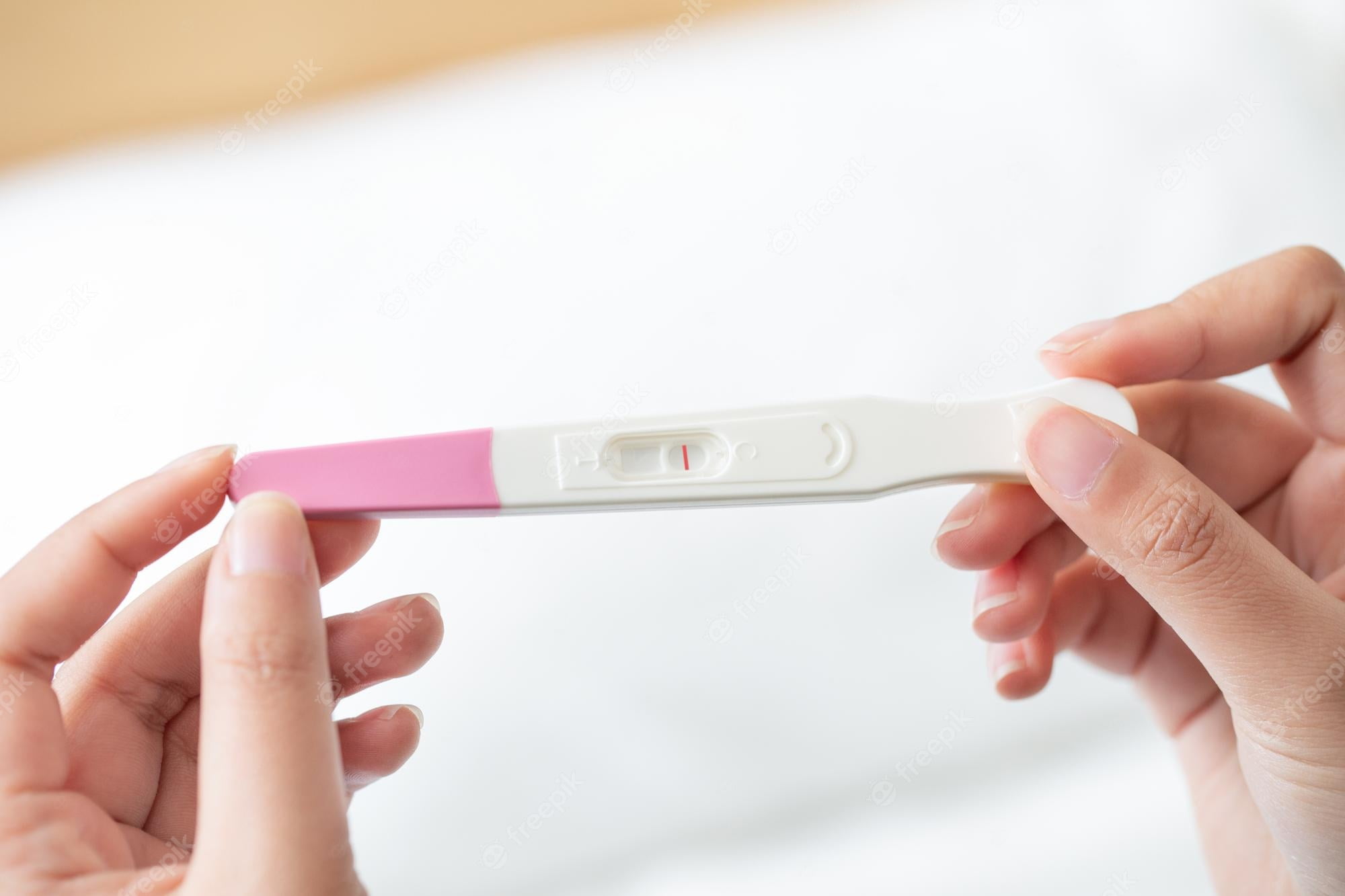
Contents
Introduction
Pregmate pregnancy tests are widely used by women to determine if they are pregnant. These tests work by detecting the presence of the hormone human chorionic gonadotropin (hCG) in a woman’s urine. While Pregmate pregnancy tests are generally accurate, there is a small possibility of receiving a false negative result. In this article, we will explore the potential causes and implications of a false negative result with Pregmate pregnancy tests.
Understanding False Negative Results
A false negative result occurs when a woman is actually pregnant, but the pregnancy test shows a negative result. This can be confusing and frustrating for women who are trying to conceive or suspect they may be pregnant. It is important to understand that false negatives can occur with any pregnancy test, including Pregmate tests, and are not unique to this brand.
Testing Too Early
One common cause of a false negative with a Pregmate pregnancy test is testing too early. Pregnancy tests are designed to detect hCG, which is produced by the developing placenta after implantation. However, it takes time for hCG levels to rise to a detectable level in urine. Testing too early, particularly before the expected start of the menstrual period, can result in a false negative. It is recommended to wait until at least a week after a missed period to take a pregnancy test for more accurate results.
Diluted Urine
Another potential cause of a false negative is using diluted urine for the test. If a woman drinks excessive amounts of fluids before taking the test, her urine may be too diluted to provide an accurate result. This can lead to a false negative even if she is pregnant. To ensure the most accurate results, it is advisable to use concentrated urine, preferably from the first morning urine, when taking a pregnancy test.
Low hCG Levels
In some cases, a false negative result may be due to low levels of hCG in a woman’s urine. Every woman’s body produces and releases hCG at a different rate, and some women may have slower-rising hCG levels than others. Testing too early or using a less sensitive pregnancy test, such as one with a higher hCG detection threshold, can increase the likelihood of a false negative result. If a woman suspects she may be pregnant but receives a negative result, it may be worth retesting after a few days to allow hCG levels to rise further.
Defective or Expired Tests
While rare, another potential cause of a false negative with a Pregmate pregnancy test is a defective or expired test. It is crucial to check the expiration date on the test before use. Using an expired test or one that has been improperly stored can compromise its accuracy. If there is any doubt about the reliability of a particular test, it is recommended to use a different one or consult with a healthcare professional.
Implications of False Negative Results
Receiving a false negative result on a pregnancy test can have various implications for women who are trying to conceive or suspect they may be pregnant. It can lead to confusion, disappointment, and delay in seeking appropriate prenatal care. If a woman continues to experience pregnancy symptoms despite a negative result, it is advisable to consult with a healthcare provider for further evaluation and guidance.
Conclusion
While Pregmate pregnancy tests are generally reliable, false negative results can occur for several reasons. Testing too early, using diluted urine, low hCG levels, or using defective or expired tests can contribute to false negatives. It is essential for women to understand these potential causes and the implications of false negative results. If there is uncertainty or persistent pregnancy symptoms, seeking medical advice is always recommended for accurate assessment and appropriate care.




